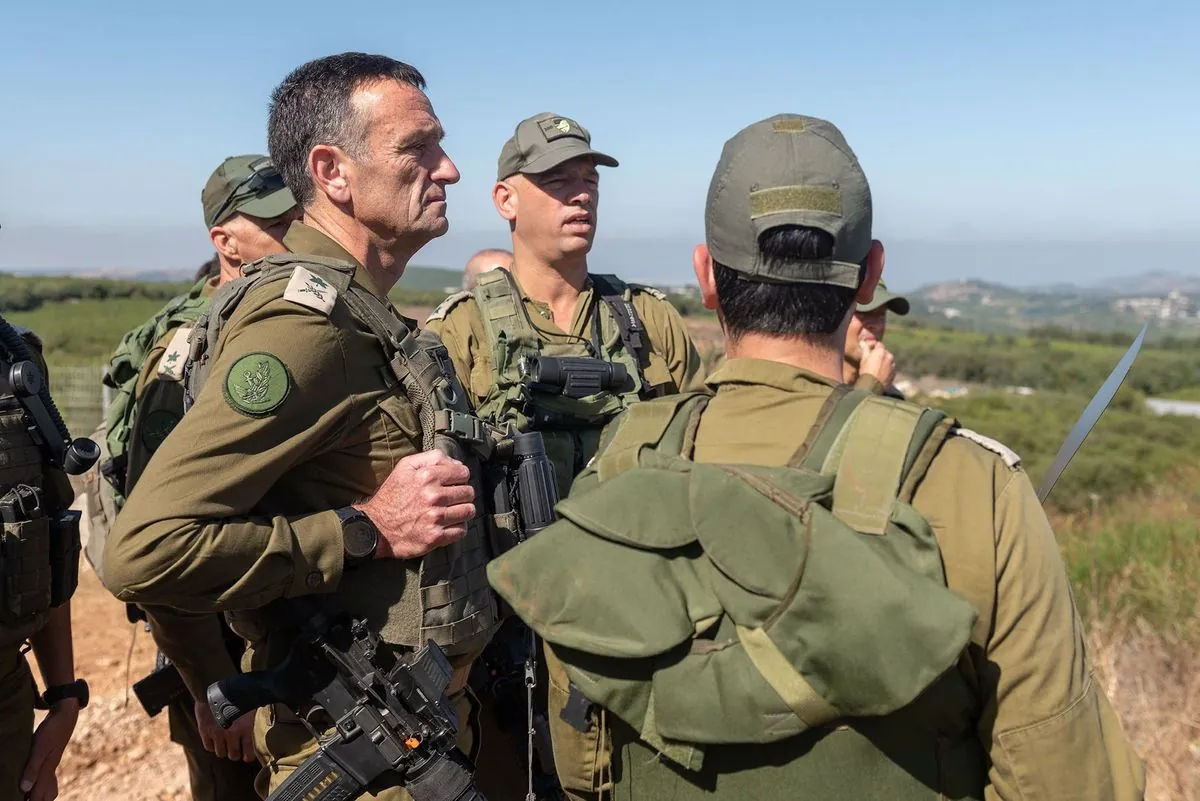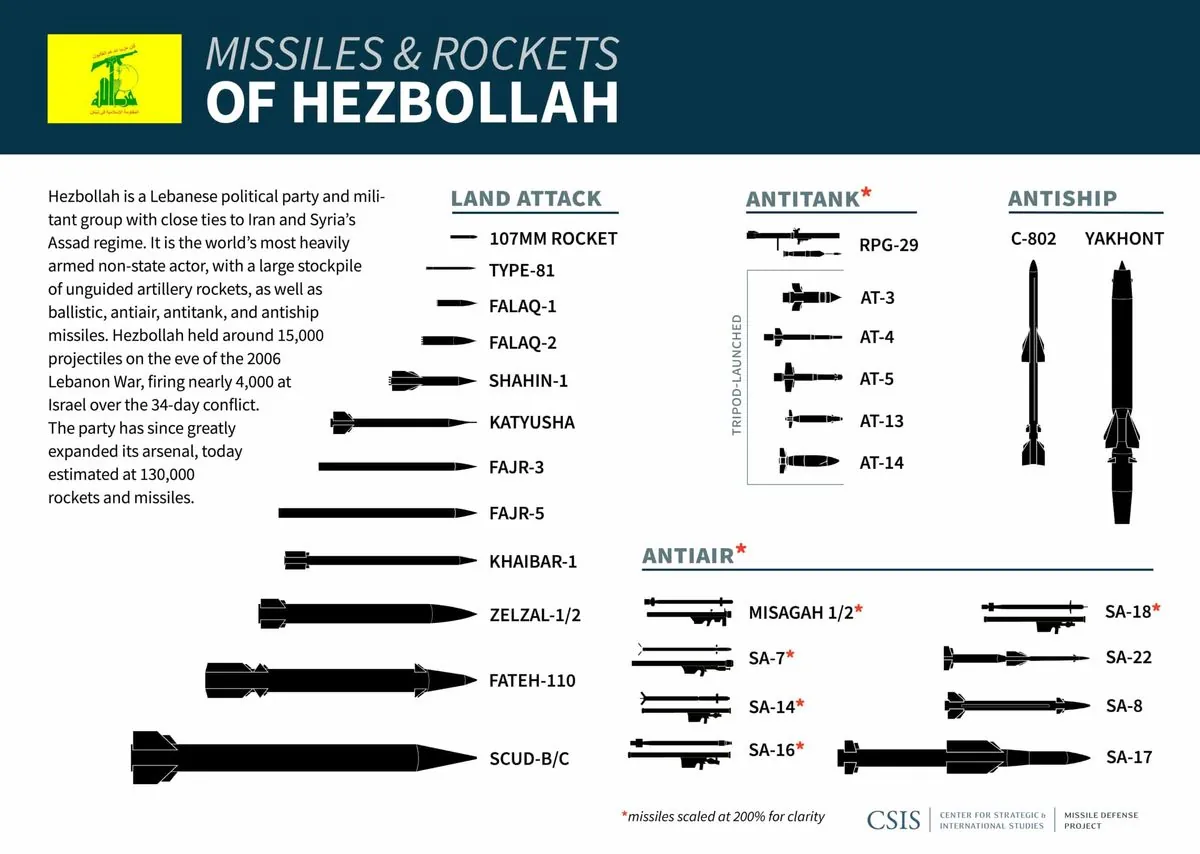Israel-Hezbollah Tensions Rise: Potential for Broader Conflict Looms
Recent Israeli strikes on Hamas and Hezbollah leaders heighten tensions with Lebanon. Ongoing rocket exchanges since October 2023 raise concerns of a potentially devastating war between Israel and Hezbollah.

Recent Israeli operations targeting Hamas and Hezbollah leaders have heightened tensions between Israel and Lebanon, raising concerns about a potential broader conflict. On July 31, 2024, Israel assassinated Hamas political leader Ismail Haniyeh in Tehran, followed by a strike on Hezbollah commander Fuad Shukr in Beirut on July 30. These actions come in response to a rocket attack that resulted in civilian casualties in the Israel-controlled Golan Heights.
Since the Hamas attack on October 7, 2023, there have been ongoing exchanges of fire between Israel and Hezbollah. The conflict has resulted in casualties on both sides and displaced thousands of civilians from border areas. The situation remains volatile, with the potential for further escalation.
Hezbollah, founded in the early 1980s, poses a significant threat to Israel due to its extensive military capabilities. The group's arsenal is estimated to include between 120,000 and 200,000 rockets and missiles, ranging from short-range unguided rockets to precision-guided ballistic missiles. The Fateh-110 missile, with a range of 250-300 kilometers, is particularly concerning as it can reach most of Israel's populated areas.

Hezbollah's combat experience, gained from conflicts with Israel and involvement in the Syrian civil war, has enhanced its military prowess. The group has coordinated with Russian forces and Iran's Quds Force, developing skills in complex operations and urban warfare. Hezbollah also possesses sophisticated weaponry, including anti-tank guided missiles, man-portable air defense systems, and anti-ship cruise missiles.
Israel, while facing challenges such as ongoing operations in Gaza and strain on its reserve forces, maintains a technological edge with advanced aircraft like the F-35 Lightning II and a sophisticated missile inventory. The Israeli military has been preparing for a potential conflict with Hezbollah since their last major engagement in 2006.
Both sides have incorporated lessons from recent conflicts, particularly in drone warfare. Hezbollah is estimated to have around 2,000 drones, while Israel has been a pioneer in drone technology. The evolving nature of drone warfare, as demonstrated in the Russia-Ukraine conflict, may play a significant role in any future engagement.
The unpredictability of war outcomes makes it difficult to assess the potential consequences of a broader conflict. The United States, through its envoy Amos Hochstein, is working to foster peace while preparing for the possibility of an expanded conflict. The situation remains tense, with both sides aware of the potentially devastating consequences of full-scale war.
"We will inflict a heavy price on Hezbollah for their attacks."
As the situation continues to evolve, the international community watches closely, hoping for de-escalation while bracing for the possibility of a wider regional conflict.


































